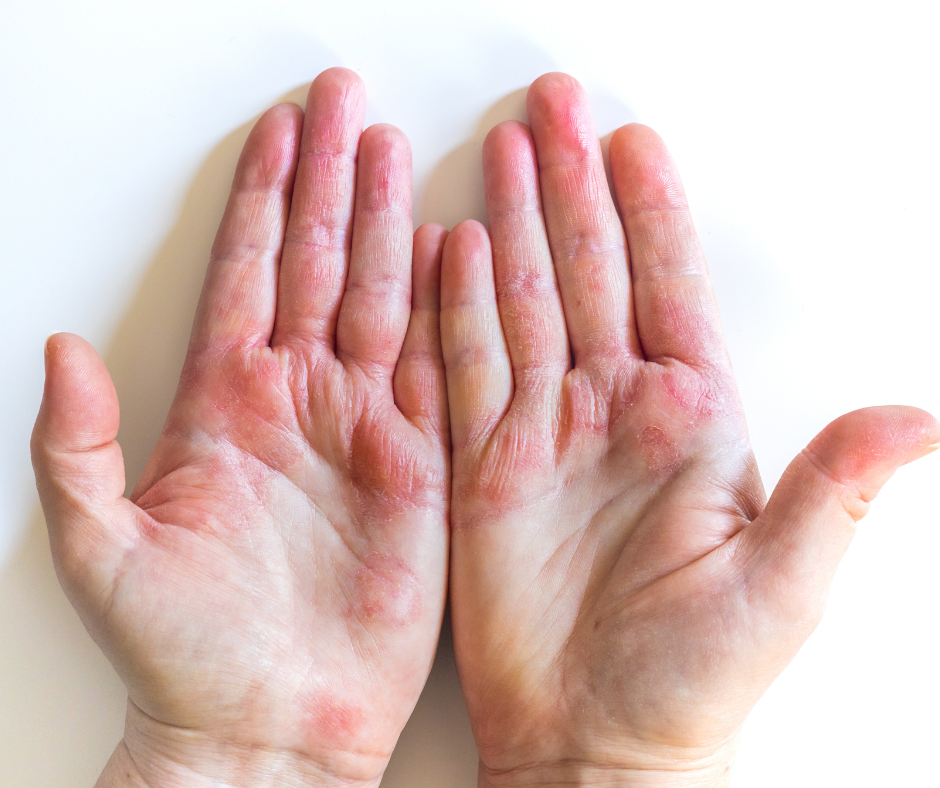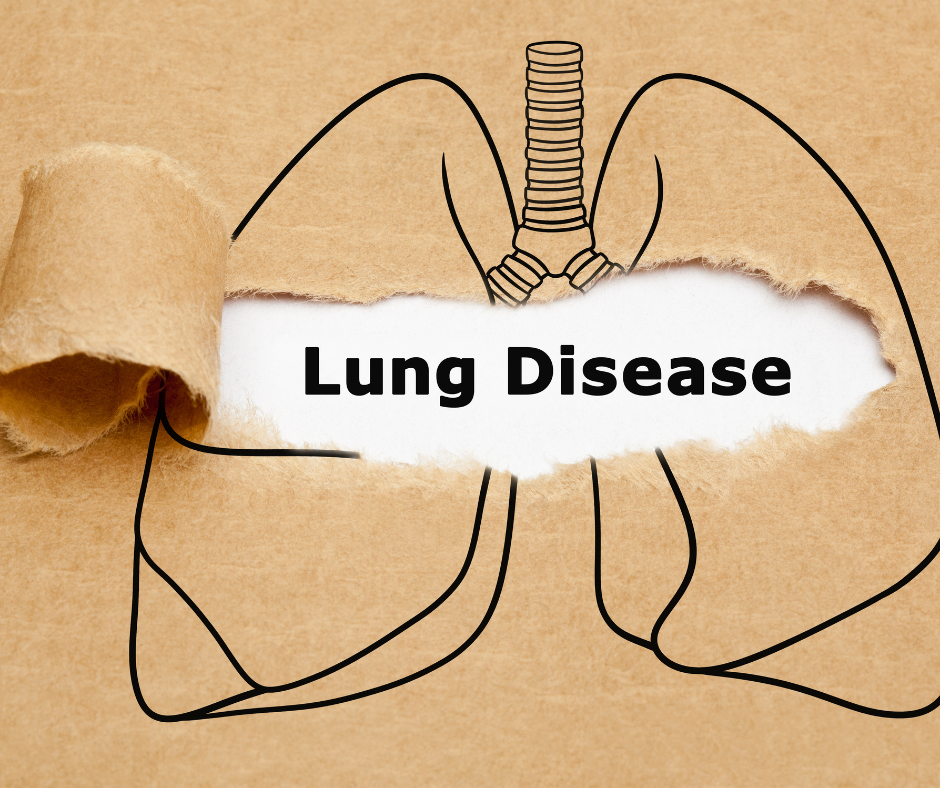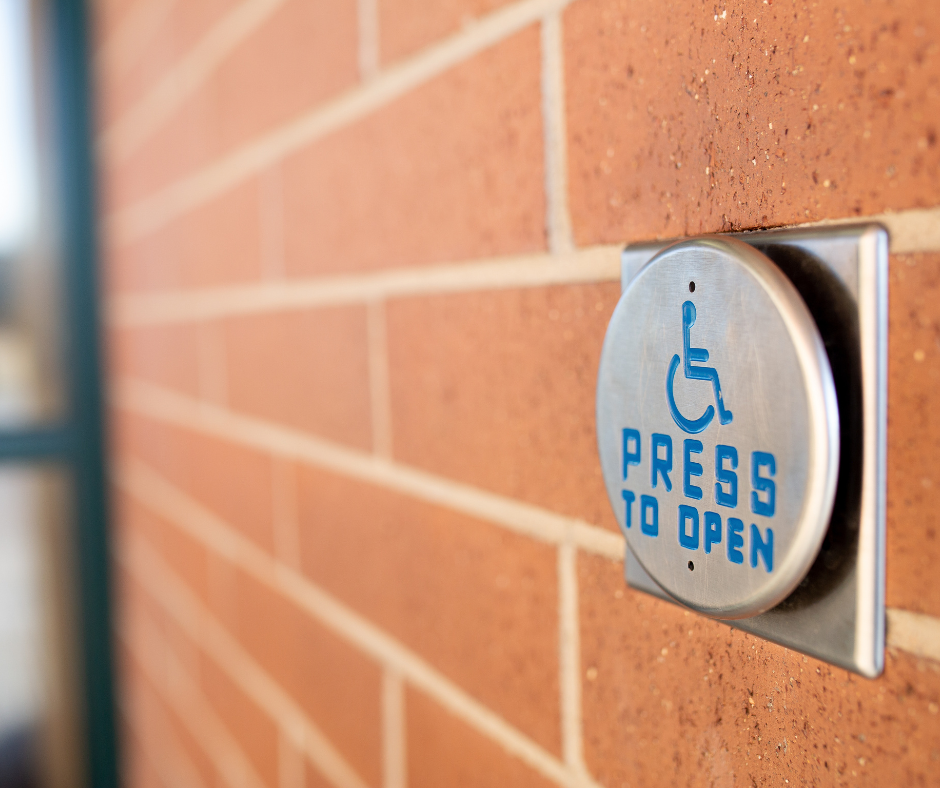Antisynthetase Syndrome (ASS) is a rare autoimmune disorder characterized by inflammation in various parts of the body, including muscles, joints, lungs, and skin. This condition is associated with the presence of specific autoantibodies called antisynthetases, which target aminoacyl-tRNA synthetases, enzymes crucial for protein synthesis.
Antisynthetase Syndrome (ASS) is a relatively recent addition to the spectrum of autoimmune diseases, first described in the late 20th century. The syndrome is characterized by the presence of antisynthetase antibodies, which target aminoacyl-tRNA synthetases, enzymes crucial for protein synthesis.







